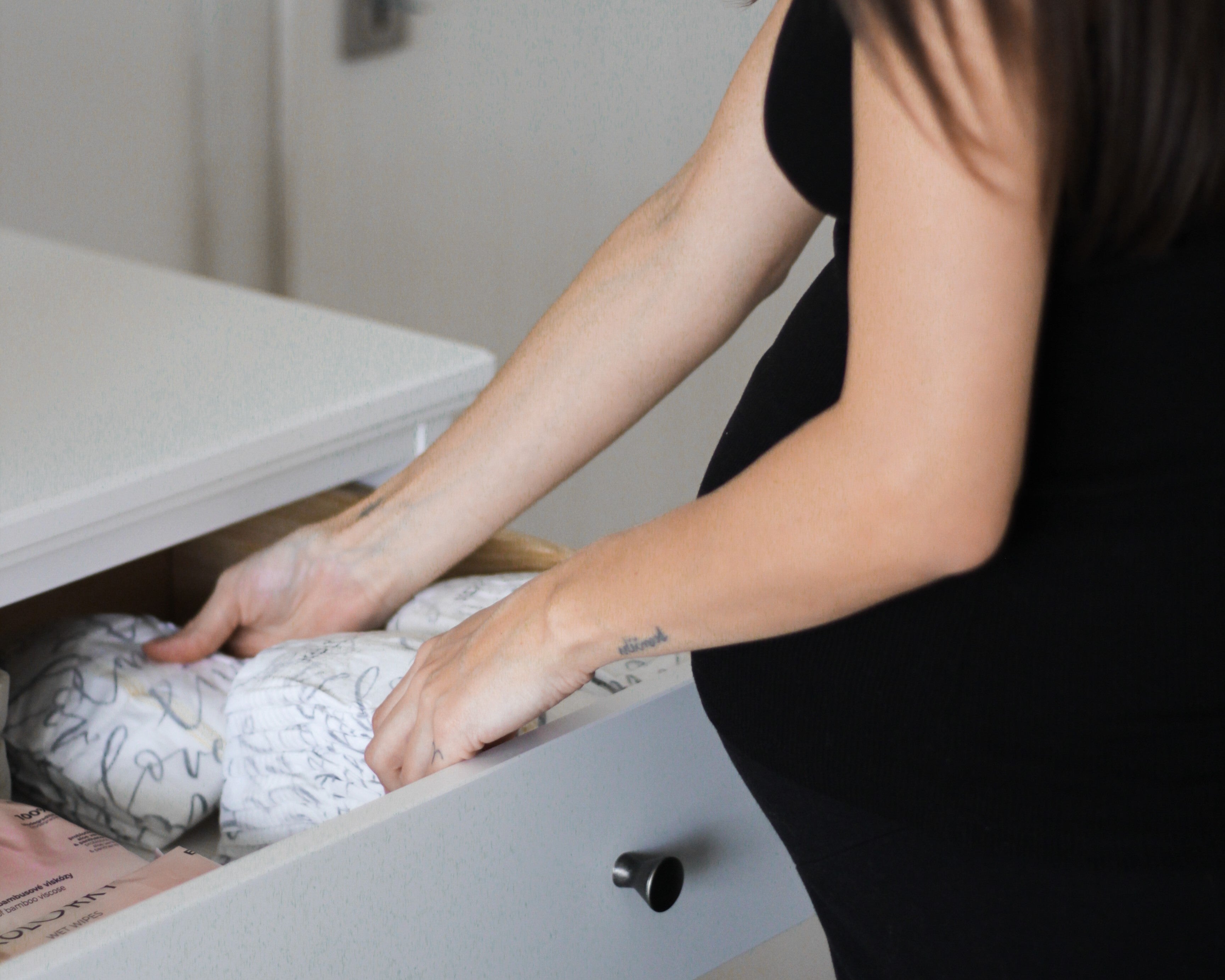It will probably not be too much news for anyone that the healthy course of pregnancy is strongly influenced by the state of health, lifestyle and medical history of the woman even before conception. For this reason, more emphasis has recently been placed on the involvement of preconception care, which promotes health and prevents disease in women of reproductive age. According to the literature, many pregnancy complications can be prevented by preparing for pregnancy. However, the period of greatest sensitivity of the developing fetus to the health status of the mother and the environment is between the 4th and 10th week of pregnancy. In today's article, we will therefore talk about what, according to recommendations, are the most important factors of preparation for a future pregnancy:
1. Taking folic acid and preconception dietary supplements
Folic acid is one of the B vitamins. Sufficient folic acid in the body before and during pregnancy can help prevent serious birth defects of the developing baby's brain and spine. The Centers for Disease Control and Prevention (CDC) urges all expectant mothers to get 400 mcg of folic acid each day, from fortified foods or supplements, or a combination of the two, in addition to a varied folate-rich diet. You can't go wrong by using high-quality preconception food supplements, which include the entire spectrum of vitamins and minerals needed during this period.
2. Aim for a healthy weight
People who are overweight or obese have a higher risk of many serious diseases, including complications during pregnancy, heart disease, type 2 diabetes, etc. On the contrary, people who are underweight also have risks of certain complications. The key to achieving and maintaining a healthy weight is not short-term changes in diet. It is a lifestyle that includes healthy eating and regular physical activity. If you're underweight, overweight, or obese, talk to a professional about ways to reach and maintain a healthy weight before you get pregnant.
3. Limit caffeine, avoid smoking, alcohol and other toxic substances
Although the link between caffeine and fertility is not yet clear, there are studies that claim that higher amounts of caffeine can lead to complications. For this reason, it is recommended to limit the total intake of caffeine (i.e. not only in coffee) to 200 mg/day. This is equivalent to about 2 cups of medium-strength coffee per day. Alcohol should also be limited before conception. A number of large studies suggest that alcohol can have a significant effect on fertility. It is well known that smoking can cause several health problems. These are, for example, heart disease, lung cancer or stroke. In connection with fertility, the risk of complications increases with the number of cigarettes smoked per day.
Verra team 💕
List of used literature:
Korenbrot, C. C., Steinberg, A., Bender, C., & Newberry, S. (2002). Maternal and Child Health Journal, 6(2), 75–88. doi:10.1023/a:101546010683
Planning for Pregnancy. Online. Centers for Disease Control and Prevention CDC. Available from: https://www.cdc.gov/preconception/planning.html.
Preparing for Pregnancy: 5 Things You Can Do to Get Your Body Ready. Online. Healthline. Available from: https://www.healthline.com/health/pregnancy/tips-to-get-your-body-ready-for-pregnancy




